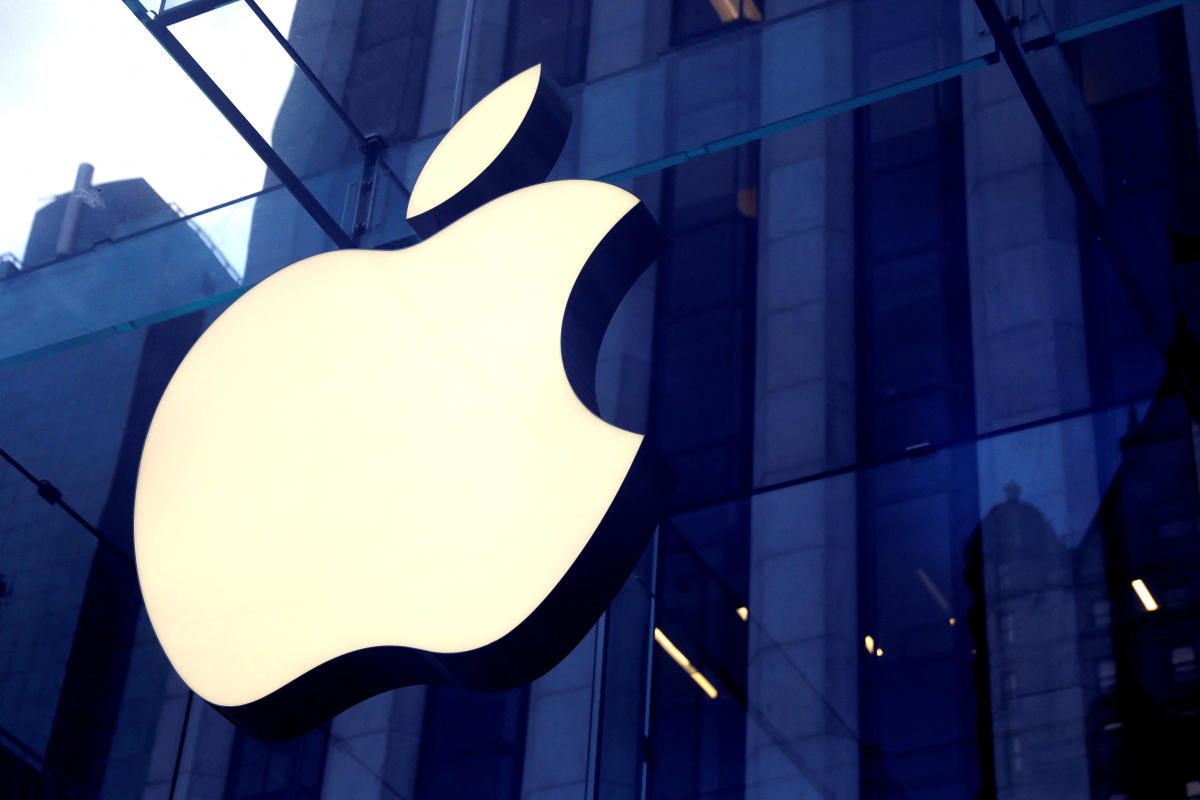### Apple’s Record €1.8 Billion Fine: A Deep Dive into the EU’s Landmark Decision
In a groundbreaking move that has taken the tech community by storm, the European Commission has slapped Apple with an unprecedented €1.8 billion ($1.95 billion) fine. This decision marks a historic penalty against the tech giant for engaging in practices that stifled competition within the music streaming service market. At the heart of this controversy lies a years-long conflict, sparked by allegations from Spotify, that Apple systematically worked to undermine alternative music apps on its App Store. Let’s unpack the events leading to this seismic ruling, its implications, and what it signals about the future of digital marketplaces.
#### A Titan Under Scrutiny: Apple’s Clash with Competition
The roots of this dramatic outcome trace back to 2020, following a formal complaint by Spotify. The music streaming giant accused Apple of deploying tactics aimed at quashing competition — primarily targeting services that rivaled its own offerings, iTunes and Apple Music. Such moves, Spotify contended, were not just uncompetitive but illegal under EU antitrust laws. This complaint peeled back the curtain on what would become a highly scrutinized examination of Apple’s business methodologies.
#### The Core of the Controversy: Anti-Steering Practices
Central to the European Commission’s ruling is what’s known as “anti-steering” practices. Defined broadly, this involves barring app developers from informing iOS users about alternative, potentially cheaper subscription models available outside the App Store ecosystem. This tactic, according to the EU, did not just breach antitrust regulations; it effectively kept consumers in the dark about more affordable music streaming options. Essentially, Apple didn’t want its users to look beyond its walled garden, fearing they might discover better deals elsewhere.
#### The Investigation Unveils a Decade of Deception
Delving deeper, the EU’s investigation unearthed that Apple didn’t stop at mere information suppression. Developers were outright prohibited from discussing subscription prices or highlighting the cost differences between in-app and external purchases. More so, mentions of or links to alternative subscription channels on their websites or emails were a no-go zone. This level of control exercised by Apple over its App Store ecosystem, according to the EU, not only inflated subscription prices (thanks to Apple’s fees) but also deteriorated the user experience, making it unnecessarily cumbersome for iOS users to seek out better offers.
#### The Financial Fallout and What Lies Ahead
Originally rumored to be bracing for a €500 million fine, the actual €1.8 billion penalty issued by the European Commission has far exceeded expectations. This figure, the EU argues, is punitive enough to serve as a stern warning to Apple and similar corporations against future anti-competitive behaviors. However, Apple, unfazed and standing by its practices, has vowed to challenge the decision, setting the stage for a potentially lengthy legal battle.
#### Looking to the Future: A Turning Point for Tech Regulation?
This momentous ruling against Apple carries broader implications for the tech industry at large. It sends a clear signal from regulators about the seriousness with which they view anti-competitive actions and their willingness to take decisive action to foster a fair digital marketplace. As we venture further into this era of digital transformation, such landmark decisions will undoubtedly shape the contours of how tech titans operate, emphasizing the importance of ethical competition and consumer choice.
In essence, the EU’s fine against Apple is not just a punitive measure; it’s a clarion call for transparency, fairness, and respect for the rules that govern our digital lives. As tech enthusiasts, developers, and consumers alike watch closely, one thing is clear: the digital marketplace is evolving, and accountability is at its forefront. The next chapters in this saga will undoubtedly be as compelling as they are consequential.




